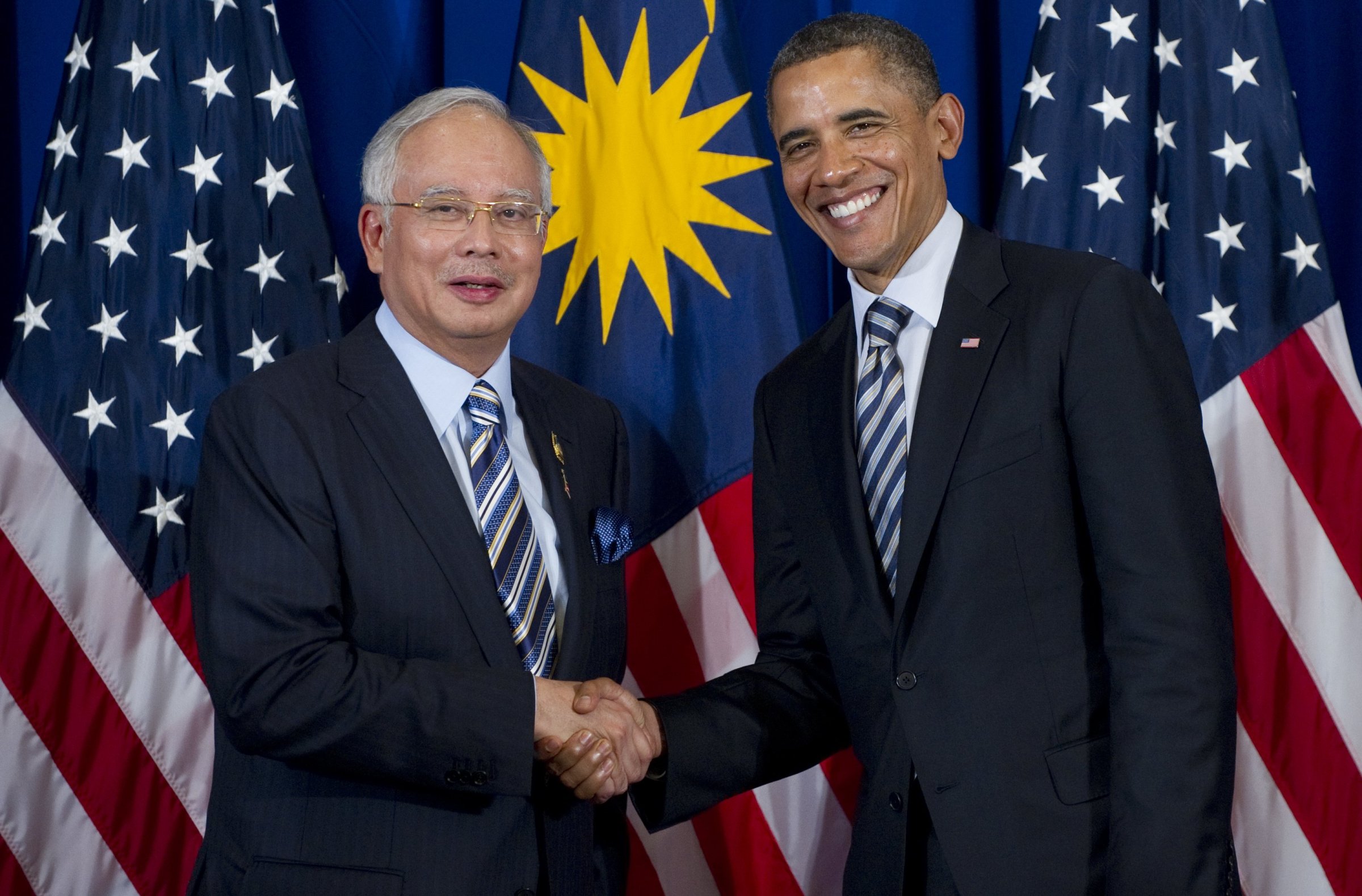
A response to “5 Reasons Why Obama Should Steer Clear of Malaysian Prime Minister Najib Razak”
President Obama has seen fit to re-open diplomatic relationships with our most longstanding opponents in order to advance U.S. security interests. To talk with our most egregious adversaries while abandoning imperfect but proven allies like Malaysia hardly makes sense. Key national security interests require us to maintain close relations and alliances with leaders who support peace, stability and a strong alliance with the United States, notwithstanding internal politics we may disagree with.
This does not mean, of course, that we turn a blind eye to corruption or repression at home or abroad. But the notion that our president should literally disassociate himself from a key American ally because of domestic political disputes and allegations of corruption should not be the deciding factor in determining American foreign policy.
If President Obama cares about the future of Malaysia and its current prime minister then he should engage them, not abandon them. Unlike prior regimes characterized by Islamic extremism and hostility to the West, Mr. Najib has been a leader in the worldwide movement for Muslim moderation and his government a key ally in the global fight against extremism. Moderate Muslim leaders who are willing to speak out against extremism are vital to the global fight against it. If we permit ourselves to make league only with allies that are perfect, what allies will we have?
More Must-Reads from TIME
- Why Trump’s Message Worked on Latino Men
- What Trump’s Win Could Mean for Housing
- The 100 Must-Read Books of 2024
- Sleep Doctors Share the 1 Tip That’s Changed Their Lives
- Column: Let’s Bring Back Romance
- What It’s Like to Have Long COVID As a Kid
- FX’s Say Nothing Is the Must-Watch Political Thriller of 2024
- Merle Bombardieri Is Helping People Make the Baby Decision
Contact us at letters@time.com